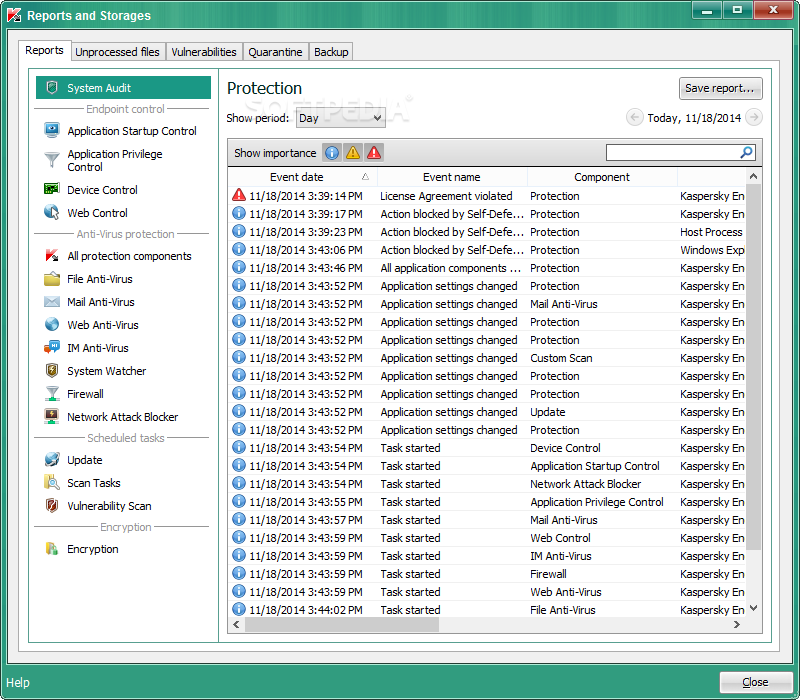

Rootkits allow bad actors complete control of affected machines.īotnets are collections of controlled devices, often compromised by rootkits, that are used in large numbers to magnify other kinds of attacks, such as Distributed Denial of Service (DDoS) attacks, credential stuffing, account take-overs (ATOs), or other forms of cybercrime. Rootkits are low-level malware usually implemented like device drivers in operating systems. Worms spread across unsecured networks, relying upon unpatched, compromised applications and unprotected ports. Viruses infect files and usually need user interaction to initiate a compromise. Now viruses are generally polymorphic, meaning they alter their structure to try to avoid detection upon every iteration. Viruses are far more sophisticated than they were decades ago. Malware is usually, and almost by definition, an exploitation of an operating system or application vulnerability. Malware comes in many forms: viruses, worms, rootkits, botnets, file-less malware, ransomware, and crypto-miners are prevalent in the wild. Multiple reporting sources estimate that total malware related cybercrime costs will reach $2 trillion globally in 2019 and will rise to $6 trillion by 2021.

Malware continues to be a pervasive and costly threat to businesses, governments, and end-users worldwide. Kaspersky’s endpoint security product covers a wide variety of endpoint operating systems, and usually rate very highly in independent malware detection tests. Kaspersky offers a full-featured Endpoint Security suite which includes one of the most advanced multi-mode anti-malware detection engines in the market, which is powered by their Global Research and Analysis Team (GreAT).


 0 kommentar(er)
0 kommentar(er)
